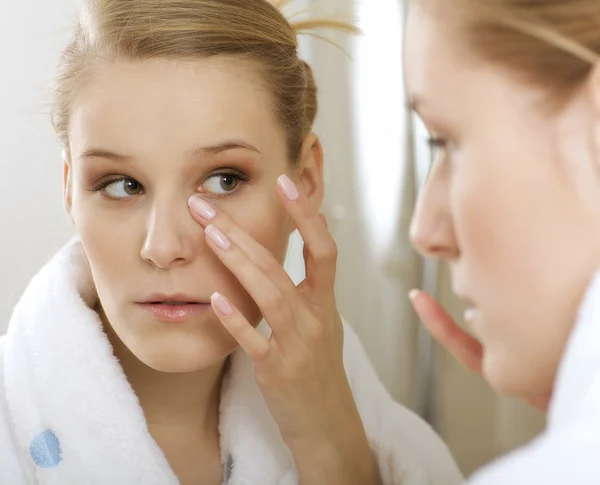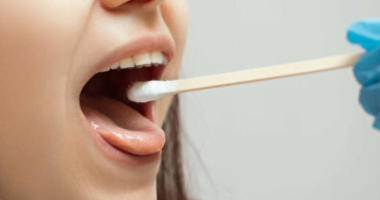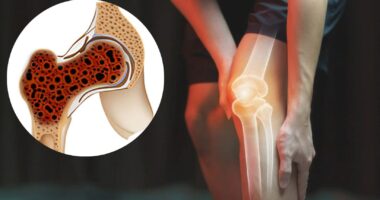What are the signs of dehydrated skin? Dehydrated skin is a condition where your skin lacks sufficient water content, regardless of your skin type (oily, dry, combination). Think of it like a raisin. Even if the raisin is naturally oily, it can still become shriveled and lack plumpness if it loses water. This is different from dry skin.
Dry Versus Dehydrated: Understanding the difference between dry skin and dehydrated skin.
Dry skin and dehydrated skin are often used interchangeably, but they have distinct differences. Dry skin is a skin type characterized by a lack of oil, leading to flakiness and tightness. On the other hand, dehydrated skin lacks water, resulting in dullness, fine lines, and sensitivity.
Dry Skin:
- Results from a lack of oil in the skin.
- Can be worsened by factors like extreme temperatures and harsh skincare products.
- Often leads to flakiness, redness, and increased sensitivity.
Dehydrated Skin:
- Occurs due to excessive water loss.
- Can be caused by factors such as inadequate fluid intake, weather conditions, or certain health conditions.
Understanding the difference between dry and dehydrated skin is crucial for everyone especially in choosing the right skincare regimen. While dry skin requires oil-based products to moisturize, dehydrated skin needs water-based products to hydrate effectively.
Dehydrated skin often manifests through various signs, and recognizing these can help you address the issue and restore your skin’s health.
Symptoms of Dehydrated Skin: Recognizing The Signs That Indicate Your Skin Is Dehydrated

1. Dullness: One of the first telltale signs of dehydration is a lack of radiance. Skin loses its natural healthy glow and appears dull and lifeless. Imagine a healthy face like a plump, juicy grape, and dehydrated skin like a shriveled raisin – both might have the same color but lack the same vibrancy.
2. Darker under-eye circles: Dehydration can exacerbate the appearance of dark circles under the eyes. This is due to a combination of factors, including dehydrated skin becoming thinner, making underlying blood vessels more visible, and contributing to a darker appearance. Dehydration can lead to fluid accumulation around the eyes, causing puffiness and darkness. Collagen depletion, which can be accelerated by dehydration, can worsen the appearance of under-eye circles.
3. Sunken eyes: Apart from dark circles, dehydrated skin can also make your eyes appear sunken. This happens because the lack of water content in the skin reduces its plumpness and fullness, leading to a hollowed-out look around the eyes.
4. Fine lines and surface wrinkles: Dehydration can make fine lines and wrinkles appear more prominent. While deeper wrinkles are primarily caused by collagen loss, dehydration can exacerbate the appearance of fine lines on the surface of the skin. This is because the skin loses its elasticity and plumpness when dehydrated, making existing lines more noticeable.
5. Itchiness: A common symptom of dehydrated skin is itchiness. This occurs because the skin’s barrier function gets compromised due to moisture loss, making it more prone to irritation and dryness.
6. Dryness: While dryness is often associated with dry skin, it can also be a symptom of dehydrated skin. Dehydrated skin may feel rough, flaky, and dry to the touch, regardless of your skin type.
7. Dry mouth: Dehydration is a whole-body condition, not just a skin concern. When your body lacks water, it affects all tissues, including the mouth. Dry mouth, feeling parched and cottony, is a telltale sign of dehydration, often accompanied by dehydrated skin.
8. Faintness: While not solely a symptom of dehydrated skin, severe dehydration can lead to a drop in blood pressure, causing feelings of faintness or dizziness. This is a more critical sign and requires immediate attention to restore hydration.
9. Lightheadedness: Similar to faintness, lightheadedness can also occur in cases of severe dehydration. This happens because the lack of water can affect blood flow to the brain, leading to a feeling of lightheadedness or dizziness.
10. Overall weakness: Dehydration can lead to a general feeling of weakness and fatigue. This is because insufficient water intake hinders various bodily functions, including muscle function and energy production.
Causes Of Dehydrated Skin: Exploring The Various Factors That Can Lead To Skin Dehydration
- Insufficient water intake
- Diuretics that increase water loss
- Stress, which can cause hormonal imbalances
- Skincare products that are too harsh
- Environmental factors such as UV rays, cold, wind, pollution
- Health conditions like diabetes, cystic fibrosis, and kidney dysfunction
- Medications that affect fluid balance in the body
Treatments For Dehydrated Skin: Learning About Effective Ways To Fix Dehydrated Skin
Treating dehydrated skin goes beyond just what you put on it. Here are some key lifestyle and skincare routine factors to address:
- Hydration is Queen: The m Hydration is Queen: ost impactful change is to boost your water intake. Aim for at least 8 glasses of water per day. Spread your intake out throughout the day for sustained hydration. Herbal teas and water-rich fruits and vegetables also contribute to your overall hydration.
- Minimize Dehydrating Substances: Cut back on caffeine and alcohol, both of which have diuretic effects leading to water loss.
- Humidify Your Surroundings: During dry seasons or in arid climates, use a humidifier in your bedroom or living areas to add moisture to the air, preventing further water loss from your skin.
- Diet Check: A diet rich in water-dense fruits and vegetables (watermelon, cucumber, etc.) contributes to overall hydration. Additionally, foods high in healthy fats (avocados, nuts) help fortify your skin’s natural moisture barrier.
- Cleansing: Choose a gentle, non-stripping cleanser formulated for your skin type. Harsh cleansers remove natural oils, making dehydration worse. Use lukewarm water. Hot water strips skin of moisture.
- Hydrating Toners: Look for alcohol-free toners with ingredients like hyaluronic acid, glycerin, and aloe vera to instantly replenish lost moisture. Apply a hydrating toner immediately after cleansing while the skin is still damp.
- Serums: Hyaluronic acid serums are hydration powerhouses. Hyaluronic acid draws moisture to the skin and holds it there for plump, dewy skin. Consider serums with niacinamide (vitamin B3), which helps strengthen the skin’s barrier and prevent moisture loss.
- Moisturizers: Choose a rich, occlusive moisturizer (think creamy or balm-like formulas) to create a protective seal over the skin, preventing moisture from escaping. Ingredients like ceramides, shea butter, and squalane all help fortify your skin’s natural barrier, protecting against water loss.
- Face Masks: Hydrating masks a few times a week are like a super-dose of moisture. Look for masks with hyaluronic acid, aloe vera, and honey for intense hydration.
Tips
- Patch Test: Always patch test new products on a small area to check for any reactions, especially if you have sensitive skin.
- Listen to Your Skin: Your skin’s needs may change with the seasons or due to hormonal shifts. Be ready to adapt your routine accordingly.
- Drink Up Before Bed: Dehydration occurs overnight too. Have a glass of water before bed to help your skin restore itself.
- Avoid Over-Exfoliation: While exfoliation has its benefits, doing it too often will disrupt your skin’s barrier leading to further dehydration.
Remember: Consistency is key! A consistent hydration-focused routine will yield the best results over time in combating dehydrated skin and restoring a healthy, radiant glow.
At What Point Should You See A Dermatologist?
For dehydrated skin, it is advisable to see a dermatologist if you experience severe symptoms such as dizziness, dry mouth, faintness, lightheadedness, overall weakness, or if you notice symptoms beyond the skin like darker and less frequent urination. If lifestyle changes and hydration do not improve severe dehydration symptoms, seeking medical advice from a dermatologist is recommended
ALSO READ: These Signs Mean You May Be Suffering From Liver Cancer
Resources reference
- https://www.healthline.com/health/dehydrated-skin
- https://www.webmd.com/beauty/ss/slideshow-signs-skin-hydration
- https://www.aad.org/public/diseases/a-z/dry-skin-symptoms









